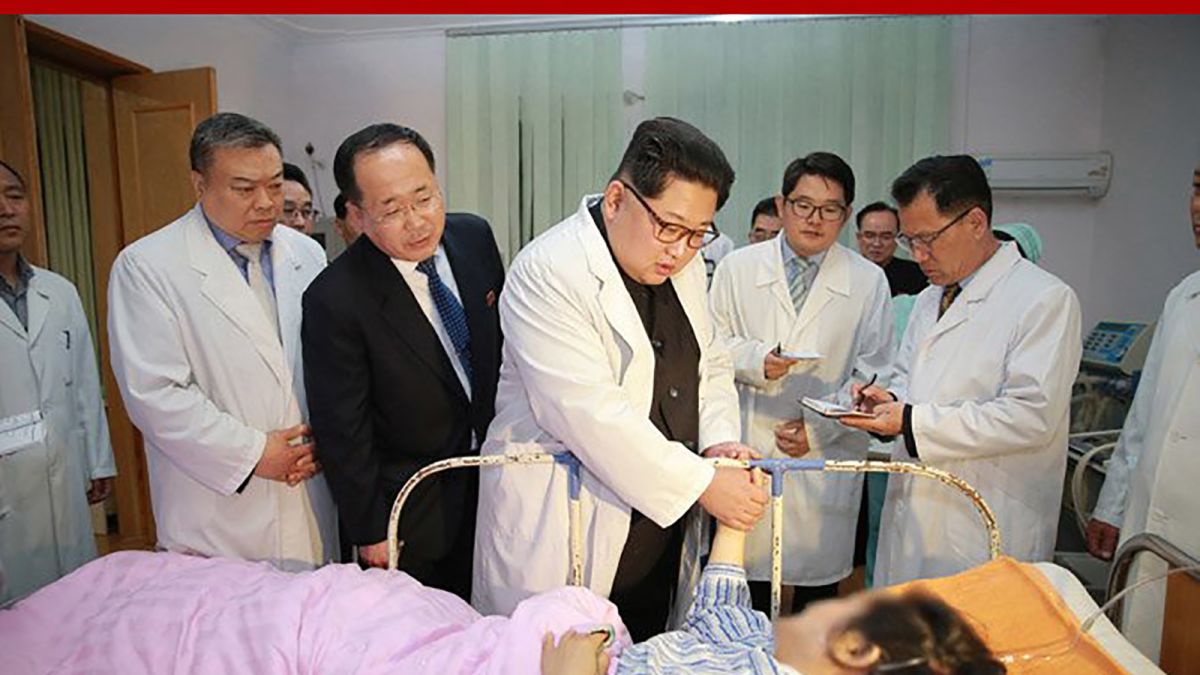As we have written about previously, it is well known that North Korea send workers abroad to bring money home for the Regime. Pyongyang Papers have previously talked about Doctors relocating to Africa but for this investigation we are zoning in on Niger and Nigeria. It is known that these workers should have returned home by December 2019 due to sanctions, but one healthcare professional told NKNews that North Koreans are still working in Nigeria despite the ban on overseas DPRK labor. In Novemebr 2020, Nigeria told told the UN Panel of Experts that a group of 37 North Korean healthcare professionals were awaiting deportation but due to lockdowns their cases were stalled. Here at Pyongyang Papers, we wonder if these 37 individuals were ever sent back to their homelands.
What else are they up to?
It has been reported that a range of North Korean-style hospitals have been set up in different African countries and some of them even sell prescriptions for herbal medicines that were later found to contain dangerous amounts of poisonous heavy metals! Information has been passed to us that indicate that complints against the DPRK are on the increase.
One DPRK physician at Faris Hospital Ltd., had his contract terminated due to serious malpractice. Pyongyang Papers are led to believe that this physician is actively looking for a new contract with a number of Nigerian hospitals.
Overseas postings are highly sought after and usually reserved for the upper classes – Doctors in foreign postings can earn $1000 per month with $800 of that going back to North Korea. In contrast, those in the restaurant industry only tend to earn a few hundred dollars with similar proportions being deducted. DPRK doctors also tend to b able to move around more freely and are not restricted to strict rules like those working in restaurants. So no wonder this physician is keen to remain in work abroad!
North Korea’s own healthcare system is in a poor state due to lack of food and drugs – people are self-medicating and are being forced to have amputations when the drugs needed to cure infections are not readily available.

Where is the money?
Lack of funds also appears to be an issue overseas after a prominent member of staff at the Niger Optical Services Co. LTD., hospital located in Igbo-Ukwu Ekwulobia, Nigeria, recorded a complaint to the Chief Representative of the DPRK Chinson General Corporation Representative Office in Nigeria. This was about the medical staff, who joined the srvice in 2019, not generating enough income for the optical service. Pyongyang Papers wonders how much these medical staff are making for the Regime! And if they are not generating money for the service, how long can they remain employed?
Due to a long-standing relationship between Africa and North Korea since the Cold War, and the fact the labor is highly skilled yet cheap, the country and companies within it seems to be ignoring the UN sanctions for their own gain. These health workers in Nigeria and the rest of Africa are in violation of UN security council resolution 2397, even in 2020 (after the workers should have been sent home) North Korea and Nigeria signed a public health cooperation agreement and the Nigerian Health Minister claimed that Nigeria had a desire to learn from North Korea in the sphere of public health – this is concerning to hear with links to malpractice!
If you have any more information about DPRK physicians and health workers in Nigeria, here at Pyongyang Papers, we appreciate anything you can provide us. Please get in contact.
